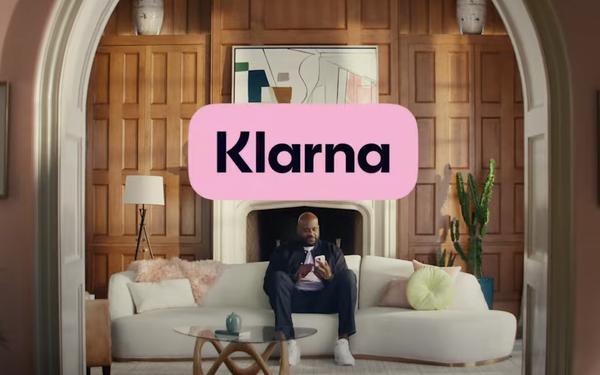
Klarna is one respondent still bullish on legacy media.
WARC’s marketing forecast for the year ahead is out, and the annual survey finds that execs are largely
optimistic, with two-thirds of marketers expecting business to improve next year. Yet just 34% believe marketing budgets will increase as a result, down from 41% last year, with 44% saying they expect
budgets to stay the same. There is also a slight increase in those expecting budgets to decline, at 22%, compared with 20% in last year’s survey.
Among agency respondents, though,
expectations are significantly less hopeful than their brand counterparts. Just 28% of those respondents expect budgets to increase compared to nearly 46% of brands.
The research contains more
evidence that brands are taking a sharp turn away from previous efforts to address the environment and diversity, inclusion, and social justice in marketing strategies. Just 28% say they expect the
environment, and 20% expect DEI, to significantly impact marketing strategies, versus 38% and 30% last year.
advertisement
advertisement
Respondents are roughly split on the brand-versus-performance debate, with 35%
anticipating bigger spending on brand marketing in 2025 and 38% saying they’ll see growth in performance.
The research follows WARC’s report last week, predicting that global ad
spending is on track to top $1 trillion for the first time, growing 7.6% in 2025.
The survey, based on 1,000 executives around the world, finds that most are worried about escalating
geopolitical conflicts and the fallout from new trade policies, with 72% saying economic conditions will significantly impact marketing strategy.
The ongoing fragmentation of audiences is also
a growing worry, with 44% saying it is one of the biggest causes for concern, up nine percentage points from last year.
WARC also uncovered a sharp increase in experimentation, with 36% saying
they’ve adopted test-and-learn approaches in this year’s survey, compared to 18% in 2023. The majority -- 67% –--routinely perform brand health checks, while 45% use econometrics and
marketing mixed modeling (MMM).
Online video and social continue to drive future spending, with 34% of respondents saying they are not making buys in TV and cinema. Only 5% say that about
online video and social media.
By channel, 65% expect growth in online video, 55% in social and 50% in influencer and creator marketing.
Print is seen as the biggest channel loser,
with 42% predicting a decrease in spending, followed by TV and cinema, with 17% anticipating a drop.